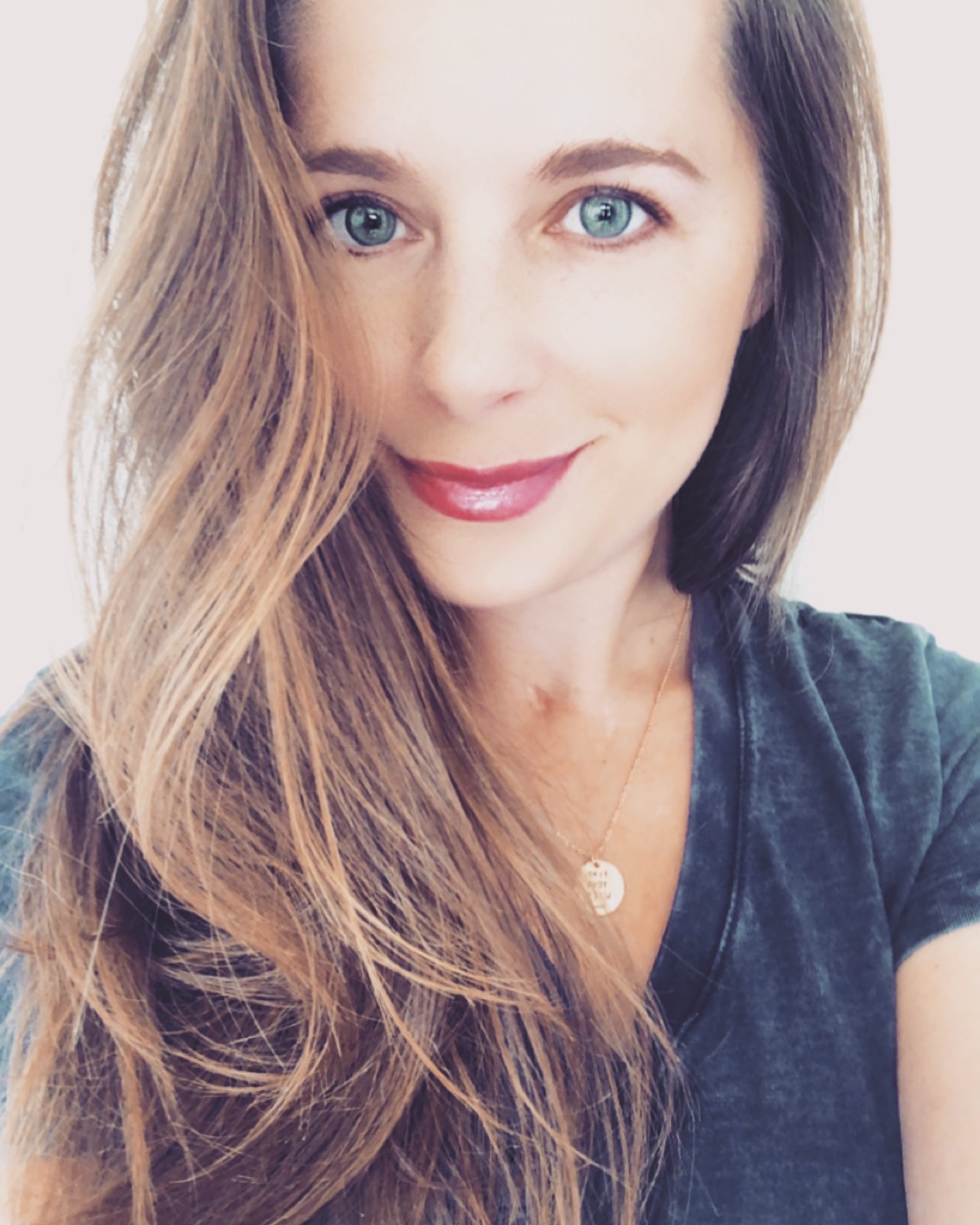Author Spotlight: June Hur talks THE SILENCE OF BONES
- Megan LaCroix

- Apr 22, 2020
- 4 min read

I'm so happy to feature June Hur on today's blog! June was born in South Korea and raised in Canada, except for the time when she moved back to Korea and attended high school there. She studied History and Literature at the University of Toronto, and began writing her debut novel, THE SILENCE OF BONES, after obsessing over books about Joseon Korea. When she's not writing, she works as an assistant for the public library or can be found journaling at a coffee shop. June currently lives in Toronto with her husband and daughter.
THE SILENCE OF BONES is available now from Feiwel & Friends. Check out the synopsis, a link to an excerpt, and the full interview below.

June Hur's elegant and haunting debut The Silence of Bones is a bloody YA historical mystery tale perfect for fans of Kerri Maniscalco and Renée Ahdieh.

I have a mouth, but I mustn't speak;
Ears, but I mustn't hear;
Eyes, but I mustn't see.
1800, Joseon (Korea). Homesick and orphaned sixteen-year-old Seol is living out the ancient curse: “May you live in interesting times.” Indentured to the police bureau, she’s been tasked with assisting a well-respected young inspector with the investigation into the politically charged murder of a noblewoman.
As they delve deeper into the dead woman's secrets, Seol forms an unlikely bond of friendship with the inspector. But her loyalty is tested when he becomes the prime suspect, and Seol may be the only one capable of discovering what truly happened on the night of the murder.
But in a land where silence and obedience are valued above all else, curiosity can be deadly.
Hi, June! Welcome and congrats on The Silence of Bones. Can you share a little about the story and what inspired it?
1800, Joseon (Korea). Indentured to the police bureau, sixteen-year-old Seol has been tasked with assisting a well-respected young inspector with the investigation into the politically charged murder of a noblewoman.
This story was inspired by my research about historical Korea. I came across a group of women called ‘damo,’ and they were servants who worked for the police bureau. They were in charge of serving tea — and dealing with female victims, culprits and corpses. They were, apparently, the first female police force in world history with arresting power! I was so intrigued by them that I made my heroine a damo and created a complex mystery for her to solve.
When it came to life in 1800s Korea, what was your research process like? Do you have any tips for writers attempting to craft a historical novel for the first time?
Research was intense and laborious! I majored in history back in university so research isn’t new to me—but researching about Korea? There are academic English resources on Joseon Korea, but when it came to very niche information (like details about damos, the female police officers my book revolves around), I had to look into Korean resources to provide my imagination with enough facts to get it rolling! To make things trickier, Korean scholarly articles about Korean history often use Hanja (Classical Chinese characters). So on top of trying to understand the Korean, I also had to spend more hours trying to understand a Chinese word.
At the same time, research was such a rewarding experience. I learned so much about Korea, and in turn, learned so much about myself as a Korean.
My tip to writers who want to write a historical fiction for the first time would be: don’t rush it. Take the time to just read up on the history you’re interested in, and be aware that historical accounts can be biased depending on who wrote it. But don’t feel like you need to do all the research before you begin writing. Just set a foundational knowledge of the period, then build on that by continuing to research as you draft. And of course, take my tip with a grain of salt. Everyone writes and researches differently.
I’m a firm believer in the idea that every story teaches the writer something new, so what did writing The Silence of Bones teach you?
Great question. I grew up having no interest in Korean history; I didn’t think Korean history was relevant to me. Then, when I began reading about Korea out of curiosity, I ended up being deeply surprised, shaken to the core, to find that so much of who I am is rooted in Korea’s past. By studying the past, I learned more about myself and realized that I’m not as disconnected from Korea a I imagined myself to be.
What are you reading, watching, or otherwise currently infatuated with?
I’m currently reading Kate Elizabeth Russell’s MY DARK VANESSA. In Young adult fiction, I’m reading the Advance Reader Copy of Janella Angeles’ WHERE DREAMS DESCEND.
And finally, what’s the most important lesson you’ve learned so far in your writing/publishing career?
The most important lesson I’ve learned is not to put life on hold for the sake of getting published. To not hold so tightly onto my dream of publication that I’d neglect my relationships with others and my mental/physical health. I learned the importance of being kind to myself, and how crucial it is to have hobbies and goals outside of writing.

Many thanks go out to June for taking the time to tell us more about THE SILENCE OF BONES, as well as for sharing some of the lessons she's learned along the way in her publishing journey. Be to sure to add THE SILENCE OF BONES to your Goodreads list, or (better yet!) order your copy (WRITE) NOW from retail sites like Amazon, Barnes & Noble, or request it at your library, or local independent bookstore!
For more information, keep up with June on Twitter, Instagram, and visit her author website at junehur.wordpress.com.
And, as always,



.png)









































Comments